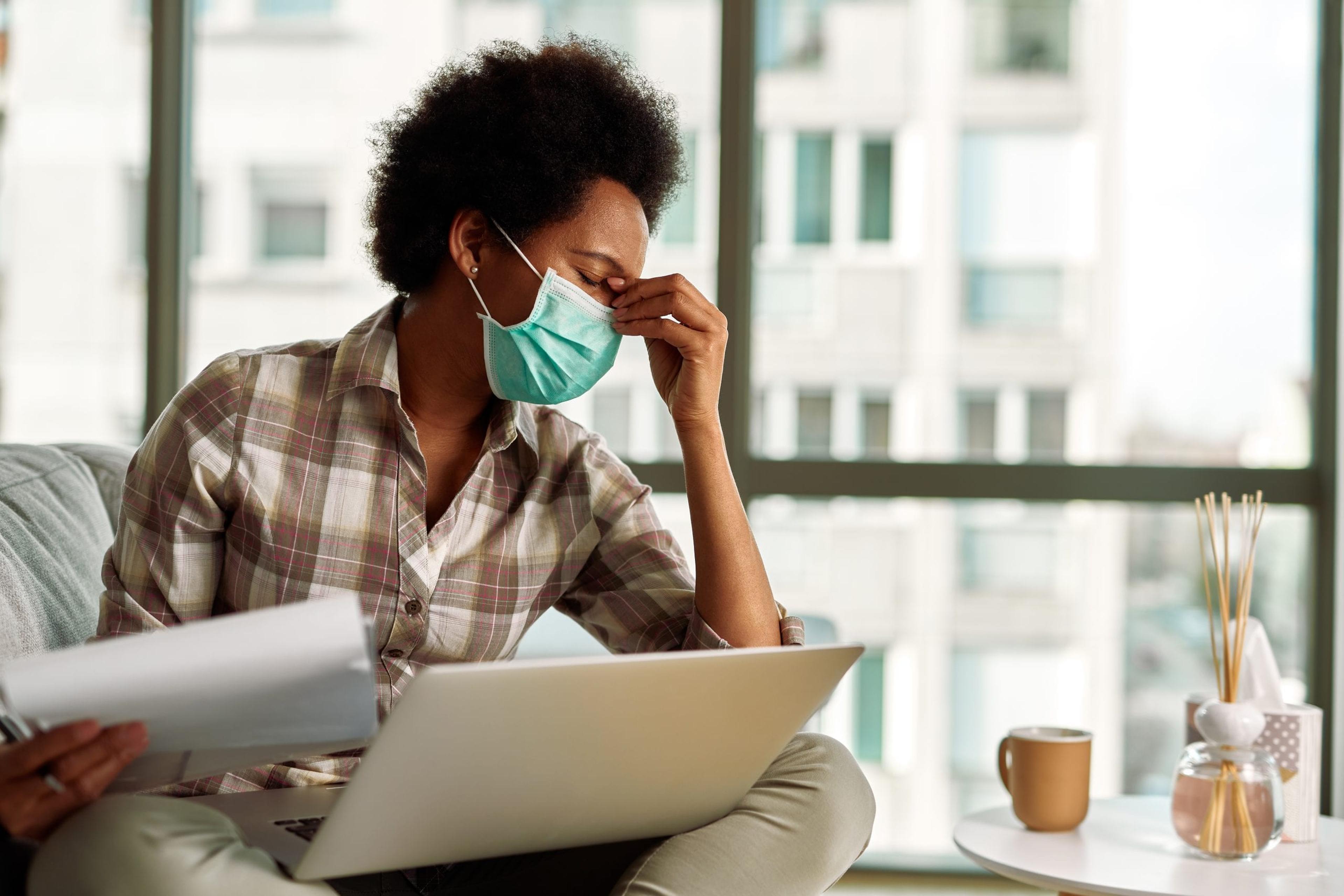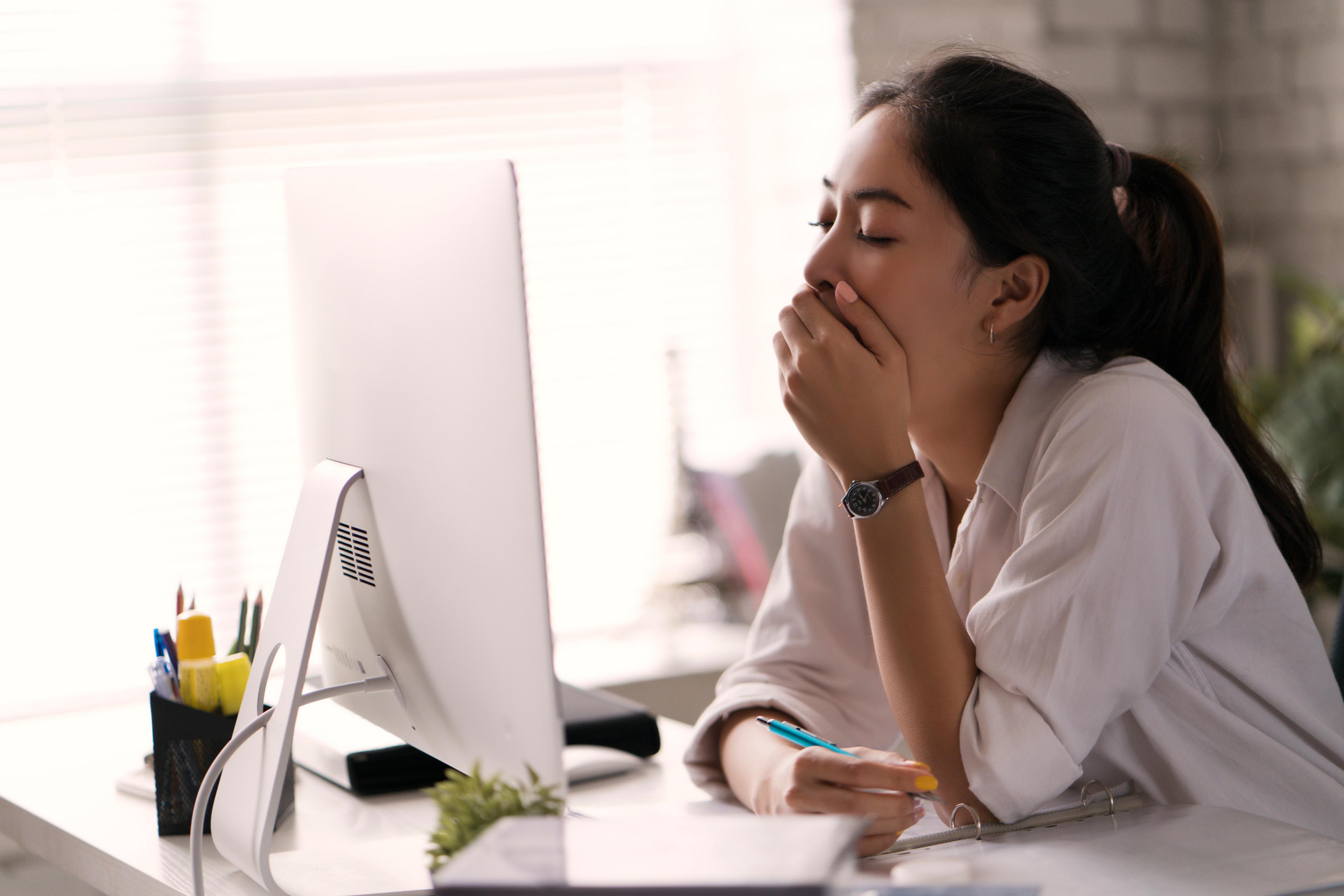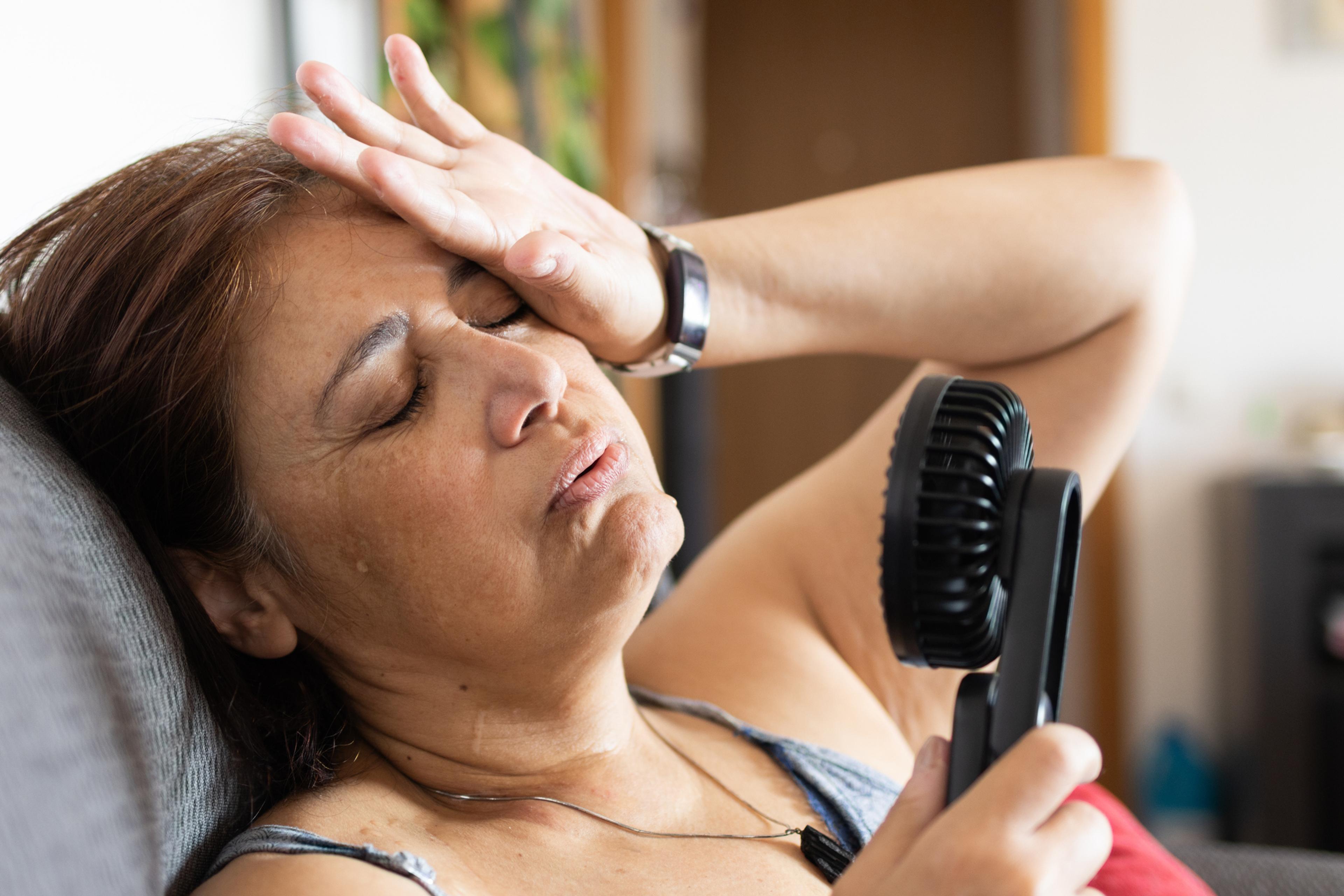Depression Signs to Watch For as Quarantine Fatigue Sets In During Cooler Months
Shandra Martinez
| 3 min read

When the coronavirus barreled into our lives early last spring, it set off a flurry of changes in our homes and workplaces. For many people, it meant adapting to new routines, keeping face coverings close at hand, and hunting on store shelves for hand sanitizer and disinfectant wipes. Our social lives turned upside down. Stay-home orders meant that a night out, family activities and so much more had to look a lot different. And even as restrictions have been slowly lifted, what we are able to do still has not gotten back to “normal” as we continue to deal with the ripple effects of this COVID-19 pandemic. By this point, some of us have had it- right up to the tops of our face masks. This new way of life may be making some of us feel bad – anxious, exhausted and worried for our families and friends. During this lengthy pandemic, it is important to keep close tabs on your own mental health, experts say. You’ll want to watch for warning signs that “quarantine fatigue” might be changing the way you think or feel. Here are some things to keep an eye out for, according to the Centers for Disease Control and Prevention:
- Difficulty sleeping
- Difficulty concentrating
- Changes in sleep or eating patterns
- Frequent fear about your own health, or that of your family
- Frequent worrying about your finances, or your job
- Increased use of tobacco, alcohol or other substances
- Worsening of mental health or chronic health problems
An Uptick in Mental Health Concerns
If you’ve noticed a difference in how you feel since last spring, you are not alone. A survey this summer found that 40% of U.S. adults who were polled reported struggling with mental health issues or substance abuse, according to the CDC. Feelings of anxiety and depression “increased considerably” in this country between April and June 2020, compared to the same period last year, the agency said. Worries about the pandemic – and the changes it has brought to our lives – can be overwhelming. Social distancing and limiting how we interact with people can bring on stress and loneliness. While these feelings of sadness can affect anyone, some people may respond more strongly to this kind of stress, the CDC says. These include:
- Frontline workers
- People caring for family members
- People who are at risk of having more serious complications from COVID-19, including older people or those with underlying medical conditions
- Workers in the food industry
- People who are socially isolated, live alone, or live in rural areas
- People with existing mental health issues
Reach Out for Help
If you are feeling depressed and need to talk to someone about it, mental health resources are just a phone call away. Blue Cross Blue Shield of Michigan offers a free crisis hotline at 833-848-1764. Michigan’s Department of Health and Human Services also has a phone service offering help for people who are dealing with anxiety, depression or the effects of trauma. It is available every day from 10 a.m. to 2 a.m. at 888-PEER-753 (888-733-7753). The National Suicide Prevention Lifeline is available at 1-800-273-TALK (8255) for English, 1-888-628-9454 for Spanish. Related:
- MIBluesPerspectives Mental Health Toolkit
- BCBSM and Health Professionals Create Free Virtual Group Therapy Programs
- Understanding Mental Health Stigmas in African American and Latino Communities
Photo credit: Getty





